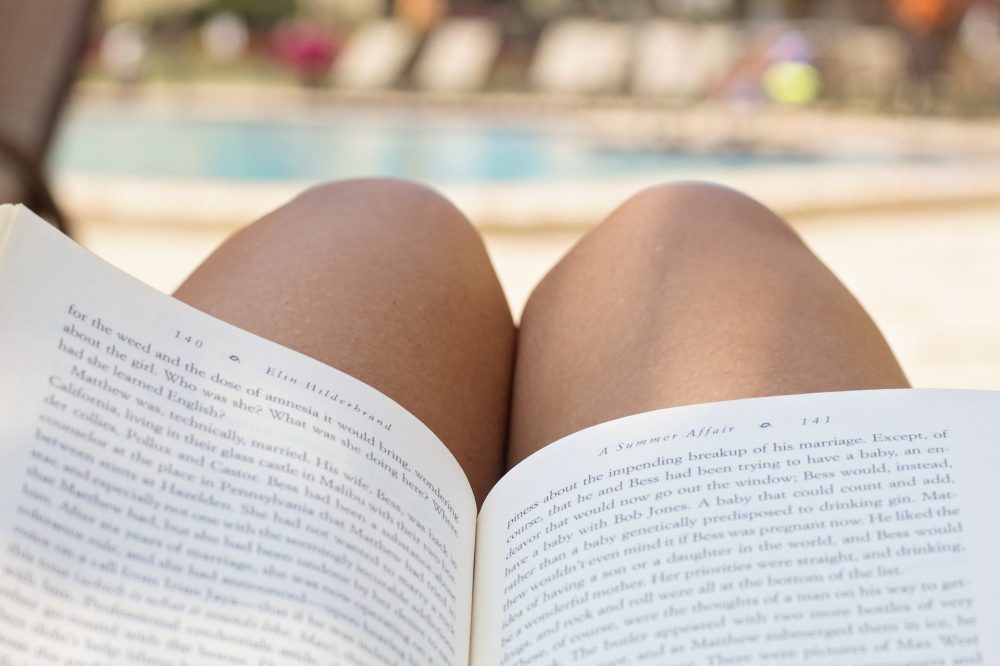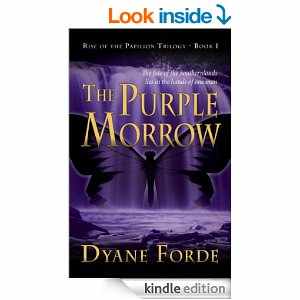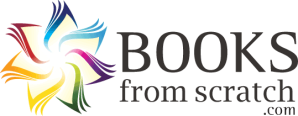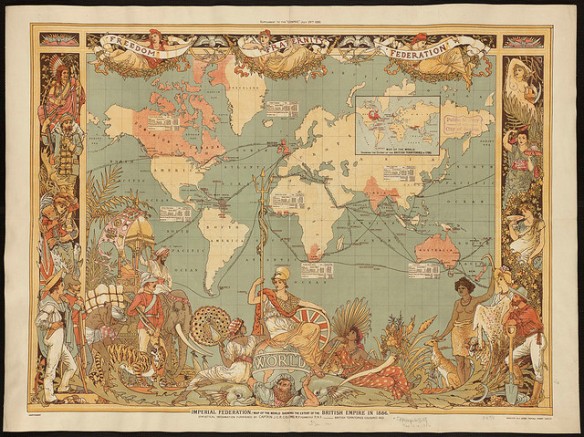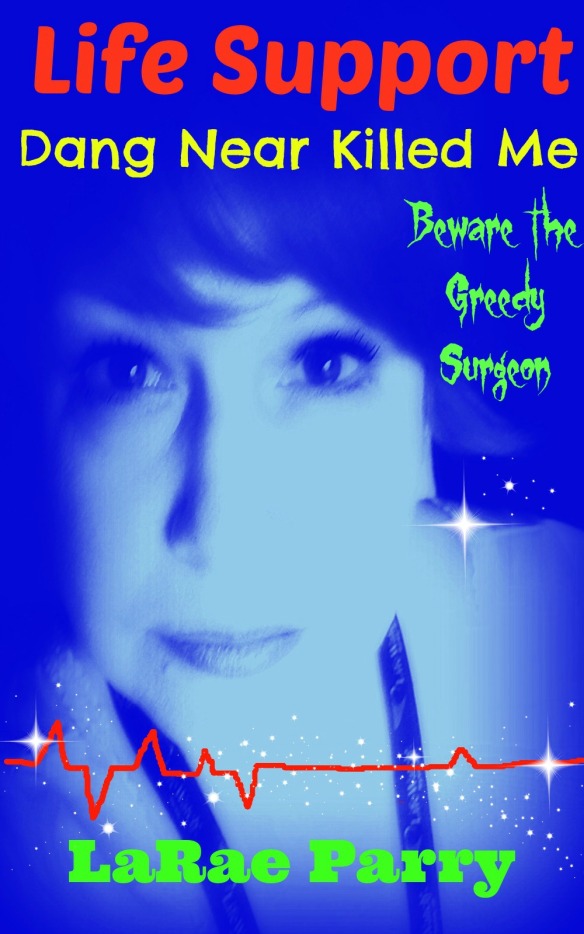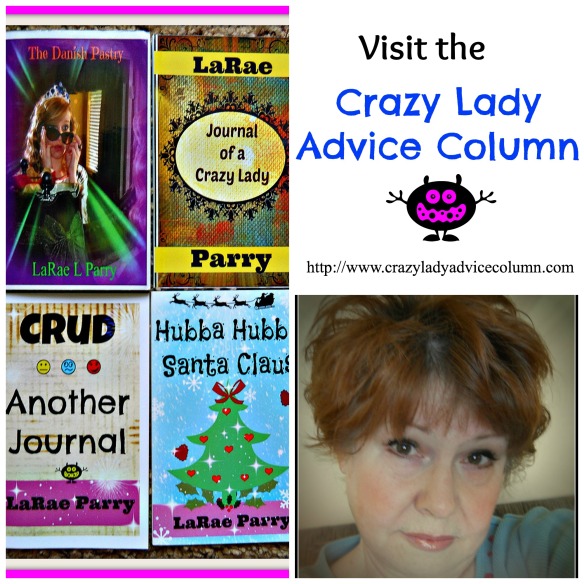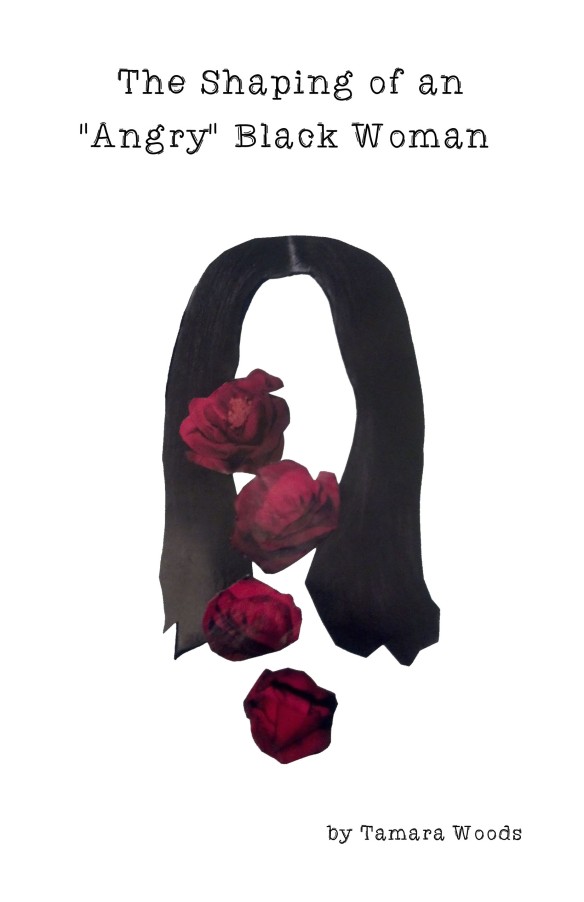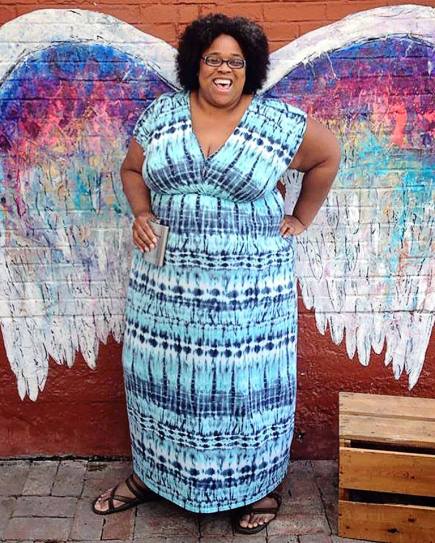When my friend Belinda suggested the topic of how to do your homework when writing historical romances, I thought I’d take it a step further since I have done all kinds of research in my writing career. Research is a dual-edged sword. It can be a total blast if you’re into learning about new things. On the other hand, it can be a real pain when it’s difficult to find the right information. No matter what stage of writing you’re at, you will, at some point, need to look something up.
First of all, let me get the big question out of the way, the one I was arrogant enough to ask myself so many years ago. This coming from someone who wasn’t a fan of history class, but loved reading historical romance. Cue the irony.
“Why is research so important?”
Indeed! Why should we go to all that trouble? For a number of reasons, of course. I suppose we should do it to avoid appearing ignorant with regards to the topic we’re writing about. You can’t know everything. It doesn’t matter what your background is. During the course of writing, while you’re planning a novel or even in the midst of writing a scene, you are going to (gasp!) come across something you need to research. If you don’t realize it, then someone else is going to point it out. Hopefully, it’s a critique partner, beta reader or editor. God forbid it be a reader after you’ve published. So, let’s just avoid that little trip into Humiliation Land, shall we?
Why else should you do it? If you’re unsure at all about something you wrote, isn’t it better to check, just to be sure it’s right? You can avoid a lot of headaches later. For example, let’s say you wanted to set your story in a specific location. Your character goes walking along and stumbles across a strangle-looking plant. The next day he ends up with a bizarre rash. Well, what was it? Are you sure you want to call it (insert name of plant here), if it does exist?

Image credit judgmentalist
“But, Marie, don’t I have creative license?”
- Yes and no. It depends on the genre of your story. Are you writing a fantasy? Is your story contingent upon this bizarre species of plant no one has heard of? Is there a science angle to your story? Then maybe you can create a plant name! Did you answer ‘no’ to the previous questions? Maybe you should at least consider authenticity. If the town/city does exist on a map, what is the likelihood that you’ll get a reader from that area who decides to read your book? Do you want them leaving a review that says, ‘I am native to that area and I know it doesn’t grow there!’? Do you really want to take that chance? I don’t. I know you probably think it’s trivial, but this is just an example off the top of my head. What if the issue in question was more detailed than that? At least consider finding out the right information. Besides, you might learn something new in the process (Shock!).
“Marie, don’t you think you’re being a little harsh?”
Am I? I’m just telling it like it is. Look, this is kind of a universal thing for writers. It’s one those “rules” we can’t skirt around in the industry. Some publishers will even state it in their submission guidelines. They want something that has not only been edited enough, but has also been researched. For the most part, it’s just common sense. Even if you don’t go for a traditional publisher, do you want readers avoiding your book because of all of the mistakes?
Well, I think I’ve made my point. If I haven’t convinced you by now how important research is, then I guess I won’t, and you can look at one of my other articles about writing instead. If, however, you’re still with me after that spiel, then I can tell you how you can go about this nutty thing called “research.”
Now is about the point in my writing project where I dread that word. Research. Why? I enjoy the process. I like learning new things. I don’t mind exploring new places and figuring out what way the characters will do something. It’s all part of the writing process, and I do love it. It can appear overwhelming at first, though. Just like with any problem in life, if you inflate it or lump a bunch of things together, it’s bound to make you crazy. So, what is my solution?
Break it up.
That’s right. Break it into tiny, manageable pieces. Suddenly, what seemed impossible is something you can knock out in the span of twenty minutes to an hour, depending on what that small task is.
“How do I get there, though? How do I break it up?”
Well, I approach it in one of two ways. I am both a pantster and a plotter, so this is the point where I have to break down and plot. I have to be stern and make myself do it.
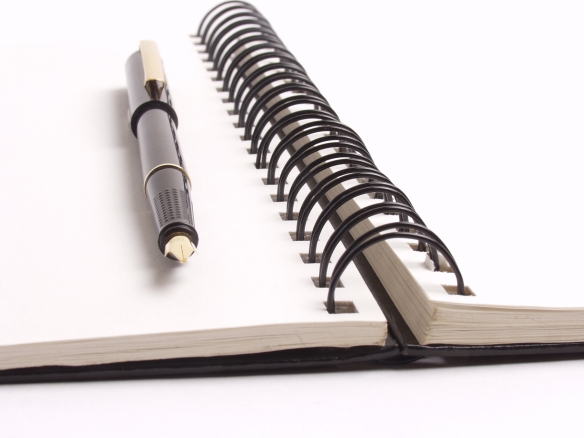
Image credit Marie Lavender
- Write an outline for your story or novel, a detailed one. Be as detailed as you possibly can. Sometimes I do a basic one, then go back and do a detailed outline after that. This detailed outline should then give you an idea of what topics you need to start researching. Put them in the form of questions, if you have to.
“What did sailors wear during this time period?” or “What exactly does an accountant do other than the obvious?”
- If you are a pantster (which isn’t unheard of, so just relax), you can also do research as you go along. Somewhere in the middle of a scene of chapter, your writer’s instinct is going to say, “But, I don’t know what that thing is called! And how do I describe it?” Don’t panic. Take a break, save your work and do some research. Find out the answer to that question or you’ll probably drive yourself crazy.
Some writers hate to interrupt their train of thought, so they make a note somewhere, sometimes directly in the text, to go back and research it later. But, sometimes not knowing the answer effectively halts your creativity and you may be doing yourself a favor by looking for the answer, after all. Once you come back to the story, you’ll not only have fresh eyes, you’ll be energized that you learned this tidbit of information. It can be quite exciting!
Let’s see… What haven’t we covered? Ah, yes, the most essential question.
“How do I do research? What techniques or resources can I use?”
All good questions. Ultimately, you should go with what makes you comfortable. Here are some options to help you get started.
- Some people prefer to go the traditional route and use libraries for information. They are a good resource, and should not be overlooked. You can look in books (fiction or non-fiction), newspapers or archives to find information.
Other books.
“Uh, what does that mean, Marie?”
Well, I have found a ton of resources on Amazon, just by looking up certain keywords. Whether the books are about writing or they cover topics specific to your story, there are a lot of non-fiction books out there that can help. Some writers will buy up a lot of them. You wouldn’t believe how long my research Wishlist is.
“But, Marie, I am a starving artist. I can’t afford a bunch of books all at once.”
Well, I understand. I’ve been there. And how would you know which one was the best book, even if you could afford one or two? That would be a hard choice, and there’s a risk in any purchase. Not to worry, though. Libraries are free. And here’s another option.
Use what’s at your fingertips. You know that genre you’ve been reading, the thing you’ve been training yourself to write for a long time? Read it! Some of those books have great facts in them. The author has done his research. Should you take everything at face value? No. Definitely double check things, but it’s not a bad place to get some random facts. And don’t be afraid to get creative. That actually leads me to my next point.

Image credit Mr.TinDC
Unusual places.
“Huh? Marie, are you smoking that funny stuff again?”
Nope! Take an inventory of the weird, old books you have lying around. The covers are worn, the pages are yellowed, and they probably smell old and musty. Maybe you can glean something of interest there. Don’t forget to check your relatives’ places too. Call them up and ask if they have a box of old hand-me-down books they want to get rid of.
After my grandparents’ deaths, we went through the house. Something began to bleed through my grief, however. The writer, the constant observer in me, was awake. I found it interesting, the kind of reading material my grandmother kept (she never parted with anything). I mean, there were such a variety of topics. And, if I ever wanted to know what a proper housewife in the 40s or 50s did to raise her family, keep her house clean and still entertain dinner guests, well, there was a book for it. It just goes to show that you never know what you’ll find.
Did you just move into an old house? Look in the attic. Check the nooks and crannies. There is a good chance you’ll find some interesting things.

Image credit umjanedoan
And don’t discount using physical items in your research. Pay attention to the texture. What does it make you feel? What comes to mind when you look at a Victrola? Or a mid-20th Century vinyl record player? Do you have memories tied to music? Use life as your research. How you feel about something can be translated into how the character might have felt in a certain time period, or even in the present. As Frank pulled the wallet from his pocket, the smell of new leather permeated his senses. He recalled the reins on his favorite horse Thunder, back on the old farm, the smell of fresh hay in his nostrils as he brushed the stallion. That leads me to my next topic.
- Both old pictures and new photos can be used for research. In my historical research, I often use this technique to get a sense of place for that time period. I use my impressions. I try to imagine how it was and I paint the picture. You can do the same with contemporary locations. Of course, some writers travel and that’s useful. If you can’t travel to the location in which your novel is set, use photos to put yourself there. Found the place in a National Geographic article? Great. Use those pictures well. Give your impressions. Feel the dust in the air and the smells around you. Imagine it and picture it the way the photographer did. Sometimes you can find photos on Wikipedia or Chamber of Commerce sites, even on official regional tourist sites, Lonely Planet, and travel blogs. Don’t dismiss points of interest, like restaurants and other businesses, and events and Off the Beaten Path sections on travel booking sites. They ground a reader in a time and place.
Writing about a hotel? Use the ‘photos’ or ‘gallery’ section of their website. It’s even better if they have a 360 degree view option. This gives a basis to start from. Remember: creative license can be used, but you want some of it to be authentic. Did you create the hotel in your mind? Even the name? Great! But if you don’t know much about hotels, you’ll still want to do a little research. Who knows? By doing that, you could make that imaginary hotel come alive with certain amenities and sensory details. I use Google Images a lot. Don’t know anything about evening gowns? Get inspired! Look at pictures, tons of them. Find out what color and type you want. You can do the same with cars. I just love looking at pictures.
Remember: detail is everything. It’s not just a tree. What kind of tree is it? An elm? A maple? How are the leaves shaped? What color and texture are they in the season your scene takes place in? Describe it to the reader and make it real. Those details will really help and pictures will, too. Of course, nothing is a substitute for the real thing. If you can touch it, smell it and taste it, that’s even better. And your readers will experience it with you.

Image credit ladyb
The internet.
Ah, the big topic. Yeah, the internet is overrun with quite a bit of unnecessary stuff these days. However, there are still some good sources. Wikipedia is a good source in many aspects, but you may want to back up some of the information by using additional sources. Can’t travel to the location you’re writing about? Don’t hesitate to use Expedia or whatever the latest travel site is to check out places to stay.
- Maps are your go-to resource for a location. You will need to know the layout of a city, so that natives to the area don’t give you the eyebrow. You also might want to pay attention to the culture, sayings or customs used there, but that’s not exactly related to maps, is it?
“Marie, you’re bouncing around again.”
Sorry! I got excited. So, maps are a wonderful resource. Google Maps, in particular, has been my friend for a long time.
“Why? There are other resources.”
For the street view, of course! Nothing gives me a better idea of the layout of a town or city block than looking at ‘street view.’ It’s almost like being right there. This tool has saved me in a lot of situations. Recently, I did a lot of research on Baltimore for a work in progress, and that really came in handy. However, if you’re doing historical fiction, you may need to find old maps. Why? Because some town names have changed. So have entry points. It’s not going to make sense if a lot has changed in the area.
If I am doing historical research, I try to keep everything period specific, even down to the year, if I can. You may wonder why. When I wrote Upon Your Honor, my latest release, it was the difference of a year. Fencing was outlawed in New Orleans in 1890, but the book was set in 1891. In short, I had to make careful use of this fact in order to make it seem authentic, another reason why research can pay off. Also, during edits with my publisher, my editor pointed out a minor flaw in one location. So, I ended up changing that.
Did she notice anything else? No, because I did my research. Editors won’t catch everything, however, and you can sure as hell make their jobs easier by doing yours.
Where was I? Oh, yes. Other sites to use. It really depends on what you’re researching. My advice with historical fiction is to stick to historical sources. Old newspaper clippings, even ads, are very helpful. Make sure it’s from the area where your book is set.

Sometimes a basic internet search can unearth the best possible sources. In everything you choose, be as authentic as possible and evaluate your sources. If you see the same fact mentioned in various locations, it is most likely true. I used this technique with Magick & Moonlight when I researched the Wiccan religion. As with any kind of research, you can’t be 100% accurate, but you can do your best.
“Okay, Marie. But, what do I do if I have trouble finding a specific thing?”
If you have exhausted all of your options, my advice is to go straight to the source. Can’t find out how a police procedure works? Contact your local police department and see if they will let you talk to someone. Want to know how criminal investigation works? Maybe they’ll let you pick the brain of a detective. If your subject is related to history and you still can’t find what you’re looking for, there is one other option. There are history forums in which history experts will try to help you. Granted they are usually for students struggling with a class, but I don’t see why they wouldn’t be willing to help you with your research.
“Where do I put everything, Marie?”
Make a file and put it all in one place. I use OneNote. It’s a fantastic little tool to organize everything. If you want, you can even go old school, as I used to do, and keep it all in a physical file folder, as well as various notebooks. Whatever keeps you organized. Who knows? You may want to back to that research for another book. It’s likely you’ll still have a lot of information stored that you didn’t get to use.
If you’re still here, clearly you see the value of research. The fact that you bothered to do your research at all tells the publisher and your reader that you not only care about the story and the characters, but you also care how it’s received. And if someone mentions how well-researched your book is, you can only thank yourself for all the hard work you put into it.
Curious about some of my research on various projects? Here are some related articles I’ve written. I hope I’ve helped you here today. Good luck on your projects, and happy researching!
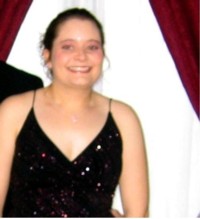
***Be sure to visit Marie’s Writing Process Blog Tour post and this May 2014 interview,
featuring three excerpts from Upon Your Honor.***
AUTHOR BIO
Bestselling author of UPON YOUR RETURN and 18 other books. Finalist and Runner-up in the MARSocial’s Author of the Year Competition. Honorable mention in the January 2014 Reader’s Choice Award. Liebster Blogger Award for 2013 and 2014. Top 50 Authors on AuthorsDB.com. Winner of the Great One Liners Contest on the Directory of Published Authors.
Marie Lavender lives in the Midwest with her family and three cats. She has been writing for over twenty years. She has more works in progress than she can count on two hands. In college, she published two works in a university publication, and was a copy editor on the staff of an online student journal. Marie has published nineteen books in the genres of historical romance, contemporary romance, romantic suspense, paranormal romance, mystery/thriller, literary fiction and poetry. Feel free to visit her website at http://marielavender.webs.com/ for further information about her work and her life. She is also on Facebook, Twitter, Google+ and LinkedIn.
A list of her books and pen names:
Marie Lavender: Upon Your Return; Magick & Moonlight; Upon Your Honor
Erica Sutherhome: Hard to Get; Memories; A Hint of Scandal; Without You; Strange Heat; Terror in the Night; Haunted; Pursuit; Perfect Game; A Touch of Dawn; Ransom; Leather and Lace
Kathryn Layne: A Misplaced Life
Heather Crouse: Express Café and Other Ramblings; Ramblings, Musings and Other Things; Soulful Ramblings and Other Worldly Things
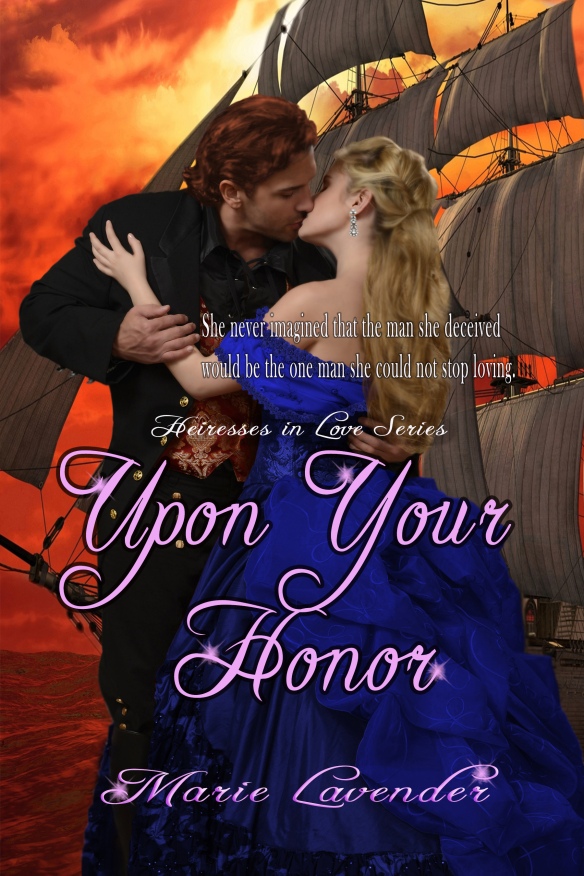
Please connect with Marie on your favorite social media channels. Thanks again for joining us, Marie Lavender, to discuss the whys and hows of research for writers. We look forward to seeing you again soon.
MARIE LAVENDER LINKS
http://www.marielavender.webs.com/
http://marielavenderbooks.blogspot.com/
http://marielavender.blogspot.com/
http://iloveromanceblog.wordpress.com/
https://www.facebook.com/marie.lavender.58
https://www.facebook.com/MarieAnnLavender
https://www.facebook.com/UponYourHonor
https://twitter.com/marielavender1
https://plus.google.com/u/0/104926404745289477307/posts
http://www.linkedin.com/pub/marie-lavender/27/187/10a
https://www.goodreads.com/author/show/6938764.Marie_Lavender
http://authorsdb.com/authors-directory/1578-marie-lavender
http://www.amazon.com/Marie-Lavender/e/B00C10Q94I/
